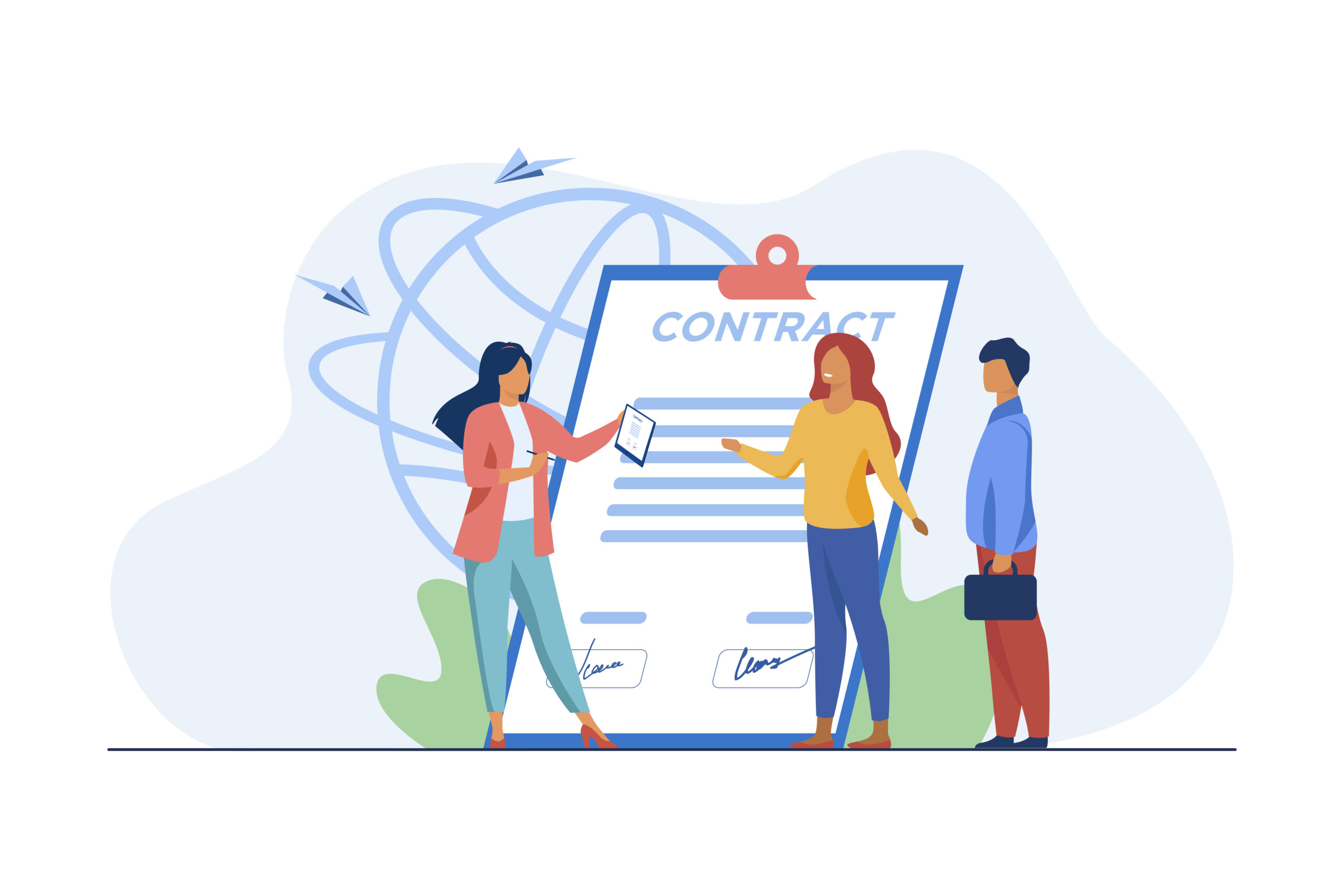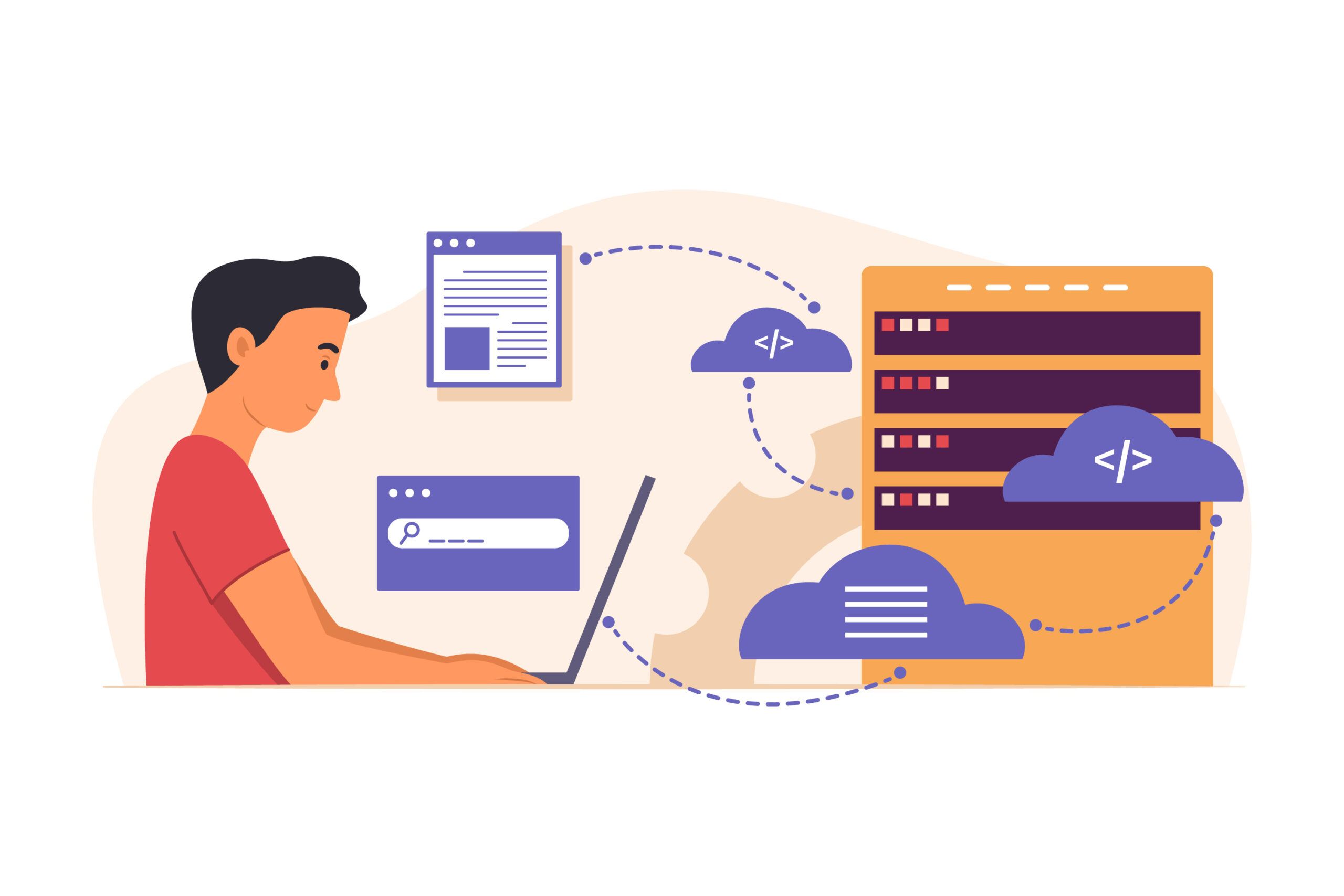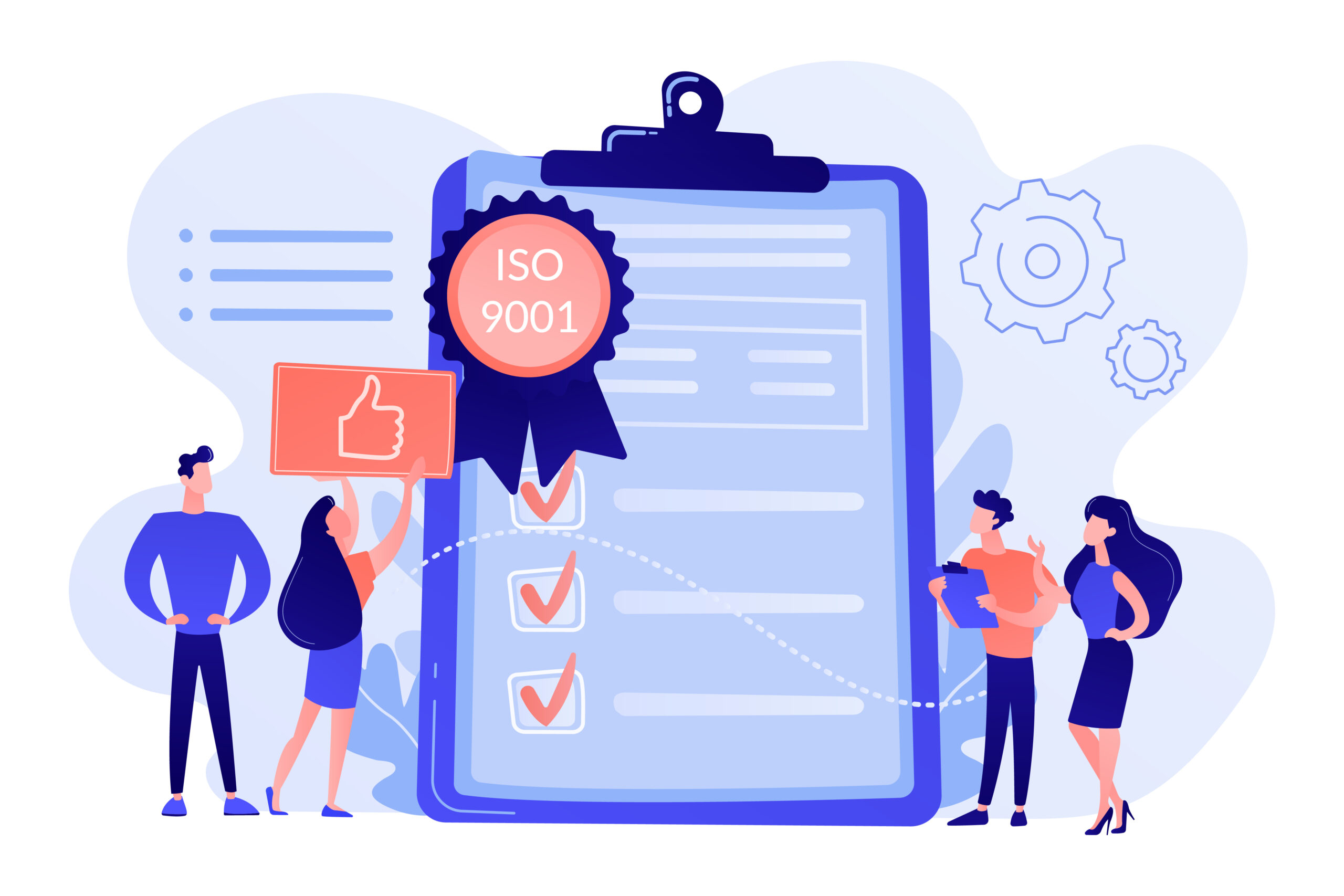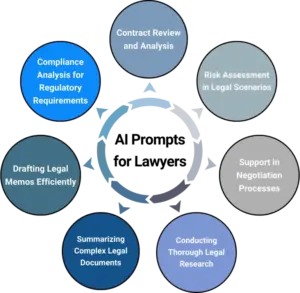Contract management is critical for any business to succeed. It’s all about handling contracts well and ensuring everyone follows the rules to reach the business’s goals. When companies use the best practices, they can make the process smoother, lower risks, and do things more efficiently.
In this blog, we’ll talk about the top 10 ways to manage contracts better. These include keeping all contracts in one place, using advanced tools, and following important steps for successful contract management. Read through our guide to know the top 10 contract management best practices in 2024!
What is Contract Management?

Before we explore the best ways to handle contracts, let’s understand why managing contracts is important for businesses. Contract management is a vital part of running a business. It involves effectively handling contracts from start to finish, following established practices for managing contracts.
This process entails a range of activities, including contract creation, negotiation, approval, monitoring, and compliance, all of which are integral contract management practices. Good contract management practices ensure that businesses carefully carry out, follow, and derive the expected business value from contracts.
By following the best practices, one can make their contracting smoother, reduce risks, and improve overall efficiency. This shows how important good contract management is for making businesses successful.
Related Article: What is Contract Management Software?
Top 10 Contract Management Practices to follow in 2024

1. Establish a Centralized Contract Repository

Having one central place to store all contracts is really important. In the past, contracts were kept in physical filing cabinets or spread out across different computer systems, which made managing them complicated.
Moving to a central contract repository makes contract management much easier. It makes all contracts clear and easy to access. This central hub puts all contracts in one place, so they’re easy to find, keep track of, and analyze. No more searching through different places for contracts, which reduces the chance of losing them.
A central contract repository encourages collaboration within organizations. It helps with renewing contracts, keeping track of important dates, and following contract rules quickly. By keeping contracts safe and organized, this repository makes it easy to access them and make informed decisions. Overall, it helps improve efficiency and reduces risks.
Related Article: What Is A Contract Repository? Effective Contract Storage
2. Implement Standardized Contract Templates

Implementing standardized contract templates is a really important part of contract management practices. Normally, different parts of a business make contracts in their own way, which can cause differences and more chances of problems. But by having standardized contract templates, organizations can make sure everything stays the same, work faster, and make fewer mistakes.
Using standard contract forms helps to make sure all the important stuff is in the contracts, so we don’t forget anything important. When we use templates that are already approved, making contracts becomes faster and easier. We don’t have to start from scratch each time.
Standardized contract templates can also include parts that deal with common risks and protect the organization. This way, using these templates helps to make sure we’re safer when making contracts.
Related Article: Contract Templates Standardization: Simplifying Legal Work
3. Embrace Automation in Contract Lifecycle Management

Automation is really important for making contract management practices easier and better. It means using technology to do tasks automatically, instead of people doing them by hand. Here’s why it’s so helpful:
First, it saves a bunch of time and cuts down on mistakes because it stops people from typing in data, making documents, or approving things by hand. Second, automation makes sure contracts always go through the same steps, following the rules every time. This is important for following laws and rules.
Also, it lets organizations know what’s going on with contracts right away, like when they’ll finish or if there are any problems. This helps them stay in control and deal with issues fast. Plus, using automation means companies don’t need as many people for repetitive jobs, so managing contracts costs less and works better.
Lastly, automation helps people collaborate on contracts more easily. It lets them share information fast and make decisions quicker, which makes the contract process smoother. Companies can use AI to automate tasks like document creation, setting approval steps, reminders, and tracking. By using automation, organizations can make managing contracts easier and drive better business results.
Related Article: What Is Contract Automation? A Comprehensive Guide
4. Strengthen Compliance and Risk Management

Making sure contracts follow the rules and managing risks are really important parts of handling contracts well. With more rules and legal stuff to deal with, it’s crucial to do these things right. Here’s how to do it:
First, carefully review contracts to find any rule-breaking or potential risks, and come up with ways to make them better. Then, use standard contract formats with sections that cover obligations, rules, and risks, making sure all contracts are safe and follow the rules. Next, keep an eye on how contracts are going, making sure everyone does what they promised.
Also, make sure everyone knows what they need to do and understands the rules. Give them training so they know how to follow rules and manage risks. Find out what risks contracts might have, like losing money or damaging the business’s reputation. Then, figure out ways to stop these risks from happening.
Lastly, make sure contract information is safe and follows rules about data protection. This means using strong security measures to keep data safe and following data protection laws.
Related Article: Legal Risk Management: A Comprehensive Guide For Businesses
5. Leverage Advanced Analytics for Contract Insights

Using advanced analytics is really important for understanding contracts better. It means using smart tools to dig into contract data and find useful information. By doing this, organizations can see patterns, trends, and opportunities to make contracts work better and make smarter decisions.
First, they can review contracts to check if they follow the rules, make good financial sense, and keep customers happy. They can look at the contract details to identify issues like not complying or contracts that aren’t performing well.
Then, they can find ways to improve contracts by looking at data for things that slow things down or ways to save money. After that, they can see how contracts affect relationships by understanding how contracts, people involved, and results are connected. Lastly, they can predict what might happen with contracts using predictions to guess possible risks and make contracts work better.
6. Ensure Robust Security Measures for Data Protection

Making sure contract data is safe is really important for businesses. It helps protect sensitive information and stops unauthorized people from getting access to it. Contract management practices are key to achieving this.
First, companies should decide carefully who can see the data and only let authorized people access it. Second, using encryption adds another layer of protection to the data, whether it’s moving between places or being stored.
Third, having regular backups of data and plans for what to do if there’s a breach or a system failure is crucial for keeping data safe. Also, storing data in secure places, either in the office or online in encrypted folders, makes it even safer.
Also, it’s important to teach everyone about data security, like how to spot fake emails and use strong passwords. Lastly, doing regular checks to make sure everything is secure helps find and fix any problems that could put data at risk. These practices together make sure contract data is safe and follows the rules.
7. Facilitate Seamless Collaboration Across Teams

Effective teamwork is really important for managing contracts well. Organizations should set up clear ways to communicate, like regular meetings or email threads, to keep everyone connected.
Using collaborative tools such as CLM software can also help team members work together instantly and share documents easily. It’s important to involve people from different departments in managing contracts to cover all bases. A robust contract management software can make it easier to edit and negotiate contract terms and conditions together.
Moreover, giving everyone access to contract data, including important dates and responsibilities, helps everyone involved make informed decisions. By encouraging seamless collaboration, organizations can improve their contract management practices and get better results.
8. Integrate Electronic Signatures for Efficiency

Integrating electronic signatures into contract management is a smart move that makes things easier. Electronic signatures speed up the signing process, cut down on paperwork, and ensure contracts are legally binding. They make it possible to sign contracts quickly, no matter where people are located.
Plus, using electronic signatures saves money by avoiding costs like printing, shipping, and storing physical documents. Additionally, electronic signature platforms keep track of the signing process, providing timestamps and user authentication, which adds transparency and accountability. Overall, electronic signatures streamline contract management and improve efficiency.
Related Article: Best E-Signature Software: Top 7 E-Sign Tools In 2024
9. Develop and Monitor Key Performance Indicators (KPIs)

Developing and keeping an eye on key performance indicators (KPIs) is really important. KPIs give measurable numbers that help organizations see how they’re doing and make things better over time. Here’s how to make effective KPIs for contract management:
First, make sure KPIs match up with the company’s big goals and what it wants to do with contracts. That way, KPIs show what’s most important for the company.
Second, figure out specific numbers that show how well contract management is going. This could be things like how quickly contracts get done, following rules, or saving money by managing contracts well. Third, check how things are going regularly to see if you’re meeting the KPIs and where you can improve. Doing this helps keep things on track and fix any problems with managing contracts.
Lastly, keep updating and changing the KPIs based on what the company needs and what’s happening in the industry. By doing this, contract management stays effective and matches up with what the company wants to achieve.
Related Article: 4 KPIs For Contract Management Success
10. Conduct Regular Contract Audits and Reviews

Regular contract audits and reviews are essential for keeping contracts in check and making sure they’re doing what they’re supposed to. These checks help us stick to the rules, spot any problems early, and improve how contracts work.
Firstly, audits and reviews make sure we’re following the rules laid out in contracts, as well as any laws or company policies. Secondly, they help us catch any issues or risks before they become big problems, allowing us to fix them early.
Also, audits and reviews show us how contracts are doing, so we can decide if we need to change anything. Lastly, using special software to track contract changes makes sure everyone knows what’s happening and who’s in charge, keeping things clear and accountable.
Related Article: Best Contract Management Software: Top 10 CLM In 2024
Leveraging AI for Contract Management
Artificial intelligence (AI) and automation technologies can significantly enhance the efficiency of contract management processes. By leveraging AI and automation, organizations can streamline contract creation, review, and analysis, ultimately driving better business outcomes.
AI-powered contract management software like Volody analyzes contracts, flags risks, and suggests changes accordingly. AI can simplify contract review and reduce the need for manual corrections, improving efficiency and accuracy.
Automation, on the other hand, can automate routine contract management tasks, such as contract renewals, notifications, and obligation tracking. When these jobs are automated, organizations can save time, make fewer mistakes, and have more resources for important things.
Related Article: Evaluate CLM Vendors: How To Select The Right CLM Solution
Overcoming Common Contract Management Challenges

Contract management involves dealing with various challenges that can affect how well contracts are handled. Some common challenges include understanding complicated contracts, keeping contract data safe, and making sure contracts follow rules and guidelines.
Complex contracts have lots of details and might involve different people and legal rules. Organizations need to understand these details and set up good ways to manage them. This might include getting help from legal experts and making sure everyone knows what’s in the contracts.
Keeping contract data safe is another big challenge. Organizations have to make sure that important contract information is protected and that only the right people can access it. This helps keep everything safe and follows the rules about data protection.
To overcome these challenges, organizations can use contract management software to keep all contract information in one place. This makes it easier for everyone to work together and makes sure that contracts are followed correctly. They also need clear processes for managing contracts, like who approves them and how they’re reviewed.
By tackling these challenges, organizations can make contract management easier, reduce risks, and have more successful contracts overall. It takes good processes, using the right tools, and making sure everyone understands what needs to be done.
Related Article: Free CLM Software In 2024: Key Things To Look Out For!
Frequently Asked Questions
What Are the First Steps in Implementing Contract Management Best Practices?
To implement contract management practices, organizations should start by evaluating their current contract management process and identifying areas for improvement. This may involve establishing a centralized contract repository, implementing standardized contract templates, and streamlining the contract approval process. Organizations should also ensure that their contract management practices align with their specific business needs and goals.
Can Small Businesses Benefit From Advanced Contract Management Practices?
Sure, small businesses can also gain from using smart contract management practices. For example, using CLM software can help them organize contracts better, save money, and work more smoothly. A CLM software can do the same tasks over and over by itself, keep all contract information in one spot, and make it easier for everyone to collaborate. By using these methods, small businesses can save money and make their contracts more valuable for their business.
Conclusion
In essence, businesses need to understand how to handle contracts well. This helps them run smoothly and make sure they’re following the law. This involves understanding how contract management is changing over time and making use of advanced methods like AI and automation. By employing software solutions designed for contract management, companies can simplify their processes and improve teamwork.
Important things to do include using the same forms for contracts, making the steps to approve them simpler, and handling any risks well. Looking forward, businesses must keep up with new technologies and legal requirements. Dealing with challenges such as complex contracts and ensuring data security requires a proactive approach.
By following these methods, businesses can handle contract stuff well, making sure they do what they need to without too much risk and getting things done faster.





